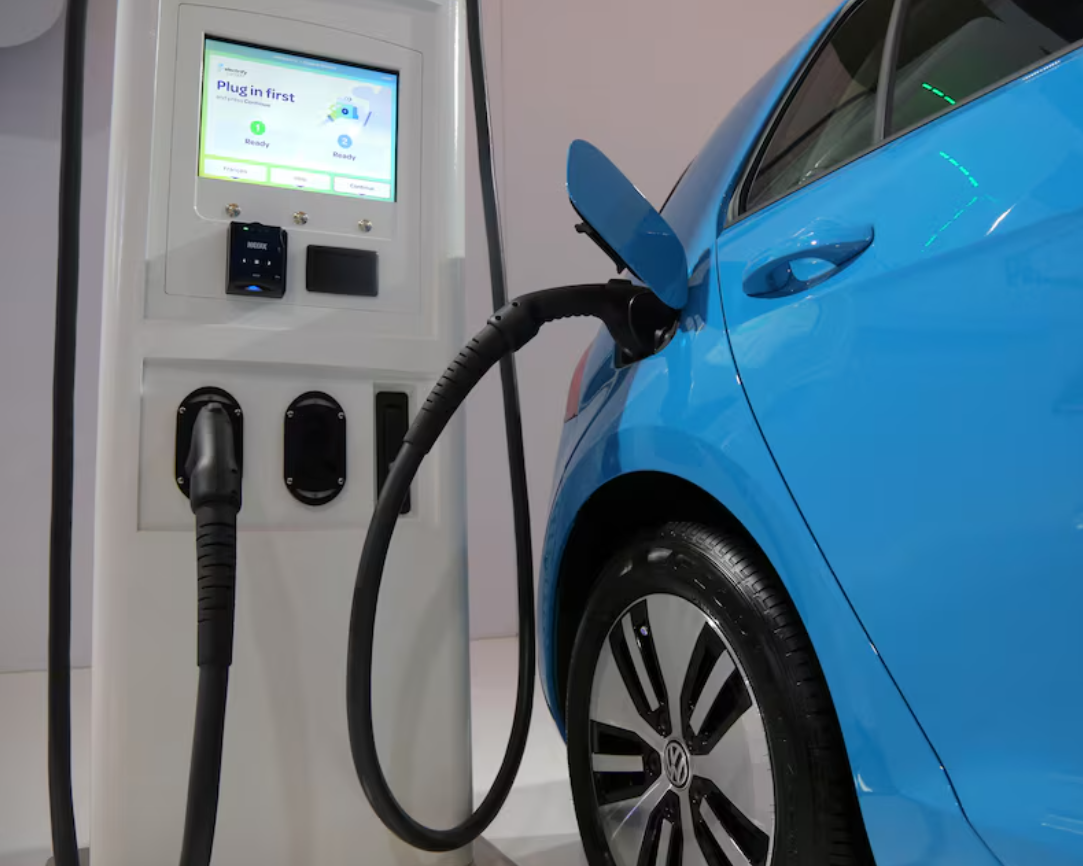Canada is considering whether the country needs to raise tariffs on Chinese-made electric vehicles after the White House announced major new levies on them, Trade Minister Mary Ng told Bloomberg News on Friday.
According to the news outlet in a phone interview from Peru, where she is attending meetings of the Asia-Pacific Economic Cooperation forum she said, “We are looking at this very carefully and we have an open dialogue with our American partners.”
The Canadian trade ministry and Ng’s office did not promptly respond to a Reuters inquiry regarding the report.
Canada’s action comes in the wake of significant tariff hikes by U.S. President Joe Biden on Chinese imports, encompassing electric-vehicle (EV) batteries, computer chips, and medical goods earlier this week.
China swiftly promised retaliatory measures. The Biden administration unveiled broad new tariffs against China this week, specifically targeting semiconductors, solar cells, and other items.
The increased U.S. tariff on Chinese-manufactured EVs is set to be enforced this year, with a final tariff rate of 102.5 percent, a significant jump from the previous 27.5 percent.
Tesla initiated the sale of China-made Model 3 and Model Y models in Canada through its website last year. Canada currently imposes a modest tariff of approximately 6 percent on Chinese vehicles.
When asked whether Canada might adjust its tariffs in line with the U.S., Ng reiterated that discussions are ongoing with U.S. officials about the policy, emphasising the government’s primary focus on domestic electric vehicle production.
She cited agreements with automakers like Honda Motor and Volkswagen, signed by Prime Minister Justin Trudeau’s government, aimed at manufacturing EVs, batteries, or components in Ontario, Canada’s most populous province.
Earlier last week, U.S. President Joe Biden revealed significant increases in tariffs on various Chinese imports, spanning electric vehicle batteries, computer chips, and medical products. This move risks a potential election-year confrontation with Beijing as Biden seeks to garner support from American voters dissatisfied with his economic strategies.
China promptly pledged to retaliate, with its commerce ministry expressing opposition to the tariff hikes and vowing to safeguard its interests through countermeasures.
Biden intends to maintain tariffs established by his Republican predecessor, Donald Trump, while simultaneously escalating others.
These updated measures impact $18 billion worth of Chinese imports, encompassing steel, aluminum, semiconductors, electric vehicles, critical minerals, solar cells, and cranes, as outlined by the White House.



